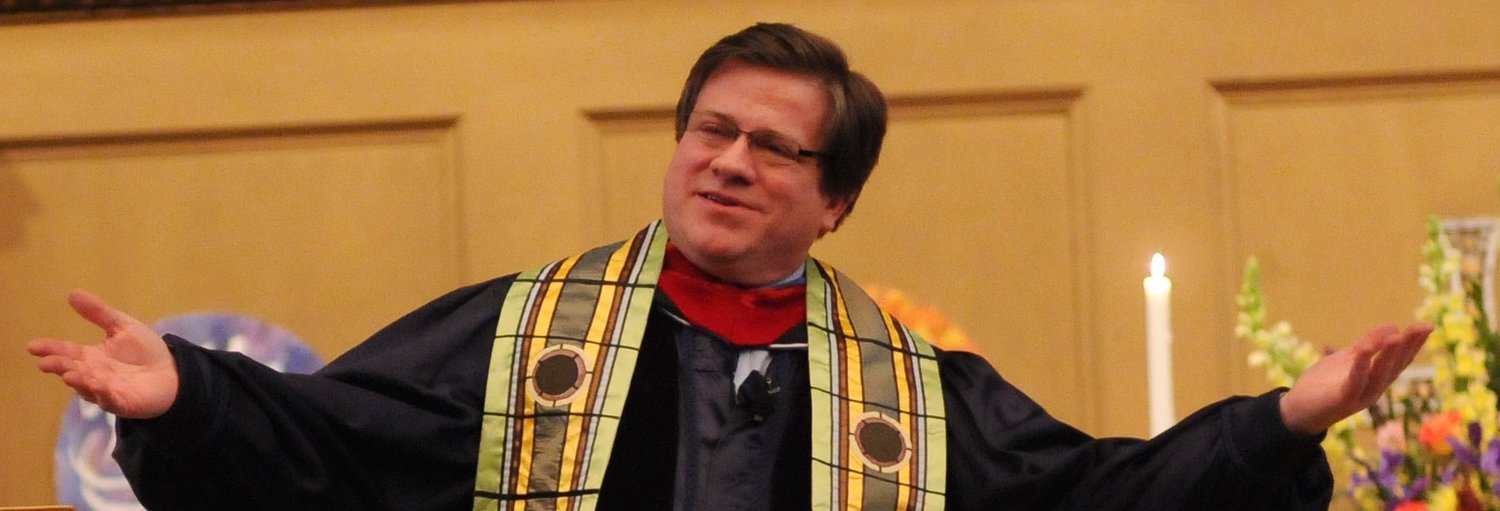For the Inward Journey, Day Nineteen
The Value of Struggle
It was a beautiful little garden just outside the dining room window. With the simplicity characteristic of him, my friend gave me the names and explained the habits of life of various plants growing there. I was struck by what was said about a little bush which grew near the steps.
“This plant is called daphne. It is not doing well here because it is too comfortably situated. The soil is too rich, and it gets too much protection. This plant tends to go to wood and leaves with very, very poor blossoms if it is placed where it does not have to struggle. The aim of all plants is to reproduce themselves by making seeds. Poor soil challenges this particular plant, making it conserve its strength and concentrate on the main business, the production of blossoms which in turn become seeds: the guarantee of the perpetuation of its kind.”
Then the silence fell while my mind took wings. An easy life devoid of challenge (too much protection) scatters the energy, dissipates the resources, works against singleness of mind, without which there can be no real fulfillment. Most of us do not voluntarily seek the difficult thing, the hard job, and the stubborn task. There are some people who are born with such singleness of mind that instinctively they gravitate toward the tough assignment. There are always those to whom we turn automatically if there is something to be done that requires unusual courage, patience, or concentrated effort. These persons, by their temperaments and will to do, contribute deeply to our own delinquency and weakness. There are others who are afflicted with a morbid sense of martyrdom and who seem perpetually to be atoning for some hidden sin by volunteering to do the unpleasant thing, by taking upon themselves responsibilities which in the end merely deepen their own sense of guilt or self-mortification. It is wisdom so to understand oneself that one will not accept the role within one's range of choices that causes one to “go to wood and leaves.”
We are not like the daphne plant. Sometimes within very wide limits, often within extremely narrow limits, we have the privilege of choice. Some things we know contribute to our weaknesses, to our tendency to grow flabby and soft; some things we know toughen our fiber and cause us to pool all our resources in the effort to achieve singleness of mind, of purpose, and of will. Wood and leaves, or the blossom of fulfillment—which?
(For the Inward Journey: the writings of Howard Thurman.
Selected by Anne Spencer Thurman. pages 65-66
Originally published in Deep is the Hunger)
Is there a “guarantee of the perpetuation of its kind”? (This odd little phrase has me wondering this morning!) I think of struggle as ever-present in my life, and the fact that “la lucha continua” is simply an awareness of the truth of that statement from the Communist Manifesto that “the history of all hitherto existing society is the history of class struggle.” This notion has informed my life since “coming of age” politically during my early years of working with Maxine Klein and Little Flags Theater.
But the struggle—the personal struggle, my daily struggle, a psychologically informed struggle—began to have a more pointed character during the therapy I received from Dr. Elke U. O’Donnell. Dr. O’Donnell is a Fellow at the C.G. Jung Institute and helped me to understand some of the dynamics of entering middle age and having a mid-life crisis through the lens of the Myers Briggs Type Indicator. Understanding that my old preferences were no longer working to satisfy my own desire for personal growth, she helped me devise newer ways (newer for me, that is) to take in information and to make decisions. Learning to use the less-developed aspects of my personality became, and remains, an ongoing struggle.
I am not a Daphne plant, Mr. Thurman, it is true. And I feel that I grow—and become happy—when I am open to struggle, engaging in the broader world, in my network of relationships, and in my personal life. Of late, this has also meant finding ways to be more empathetic, having empathy for myself and showing empathy to others (thank you, Aisha Hauser and so many encouraging colleagues). “Doing the work” becomes a way toward the blossom of fulfillment.
It’s Sunday! A day of great gladness and a bit of work. Shall I see you in the congregation?
